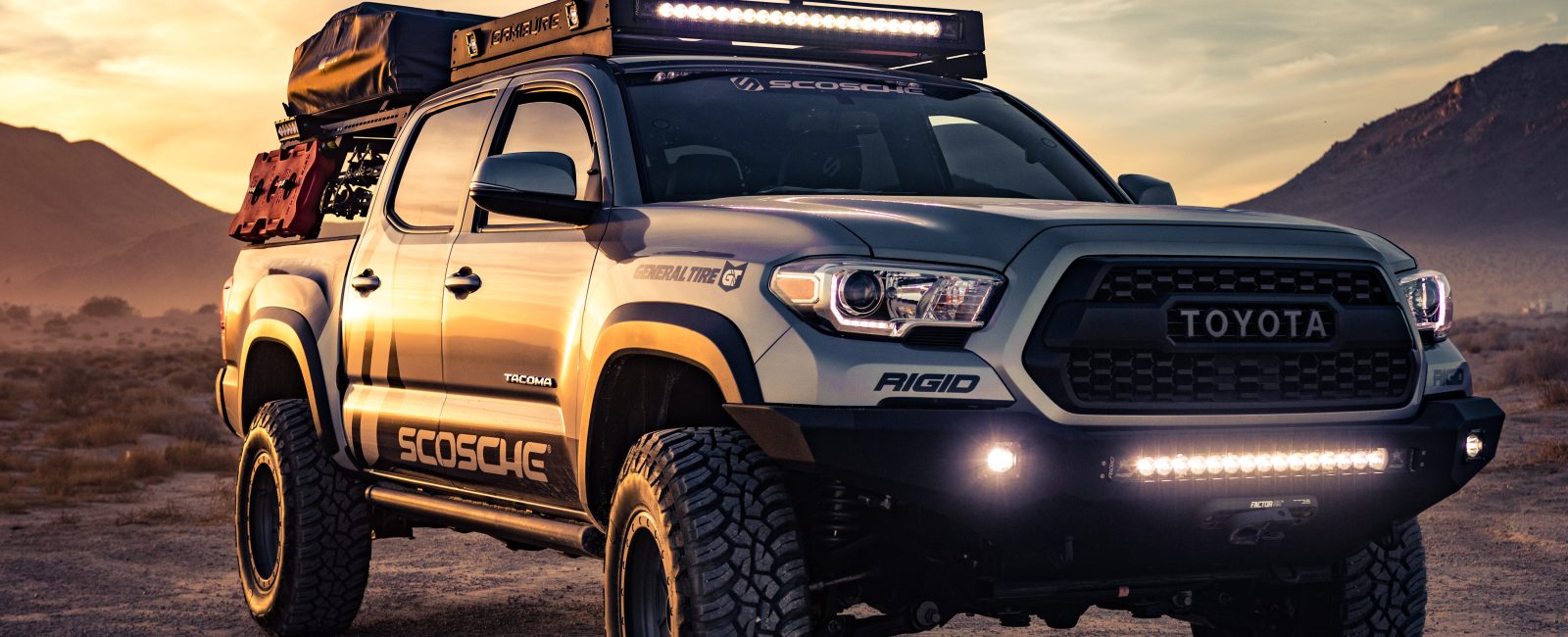
Received wisdom would suggest that you should always buy a new car, but is that really true in 2022? Does it make more sense to grab a bargain and buy used or should you stick to searching for the best credit deals on a brand spanking new motor?
To find out we’re going to explore the pros and cons of each in this article so that once you’re done with reading it, you can make up your own mind. What are you waiting for? Scroll down to find out everything you need to know about the ‘used vs new’ debate.
Used Car – Pros
Affordability: On average a car depreciates by between 15-25% in the first year and by up to 60% over the first three years. That means that 12 months after buying a Chevrolet Cruze your investment could be reduced from $18,870 to $14,153.
After three years of use, that brand new car could be worth as little as $7,538 so, if you’re buying used you could save yourself a whole heap of money on the initial outlay.
Cheaper Parts: Ever noticed how every time Apple release a new phone, they update their charging ports or headphone jacks to make you buy new gear? Well car manufacturers do the exact same thing, much to the chagrin of mechanics up and down the country.
You can avoid all this hassle and extra cost if you go used, as the parts will already be in circulation and mechanics will have experience of repairing your model of car. That can be a real plus point if you’re looking to buy tires with a bad credit or no fico score.
Used Car – Cons
The Unknown: If you buy a car from Chevrolet and a few days later the engine falls out of the car, you can go straight back to Chevrolet and get a refund, a repair or a replacement vehicle. If the same happens when you buy a used car from Brian in Mobile, Alabama – he isn’t going to be so accommodating.
Buying used gives you little to no financial recourse if issues arise, so whenever you do buy used, you’re effectively taking a leap of faith.
No Financing: It might be cheaper in the long run to buy a used car, but is Brian from Mobile, Alabama going to offer you a handy payment plan on that three-year-old Chevrolet Cruze? Not likely.
Whilst $7,000 is undoubtedly cheaper than $18,000, going new and buying through a payment plan may be more immediately affordable.
New Car – Pros
Efficiency: Your new car will have the best fuel efficiency and the very latest technology to make your driving experience as smooth and economical as possible. In the long run, this might even end up saving you money.
Warranty: Most new car dealerships offer warranties if anything goes wrong, but in addition to that they can also offer you free servicing to keep your vehicle in top condition. Whilst you may be losing money from the car value in the first three years, you won’t be frivolously spending on repairs and maintenance.
New Car – Cons
Insurance: It’s likely going to cost you more to insure your new car than it would to insure a similar used model. That’s because new cars are more expensive to repair and maintain and at the end of the day, insurance companies want to cover their behinds!
Variable Rates: That low monthly payment plan for your brand new car might look enticing, but have you read the small print properly? If you had, you might have noticed the variable interest rates that could turn a low monthly payment into a huge issue.
In Conclusion
Ultimately the choice is yours. We can’t offer advice that will suit everybody, as your individual needs could be vastly different to the next persons. The best advice we can give is to pick an option that suits your needs and circumstances and to be meticulous in your research.












